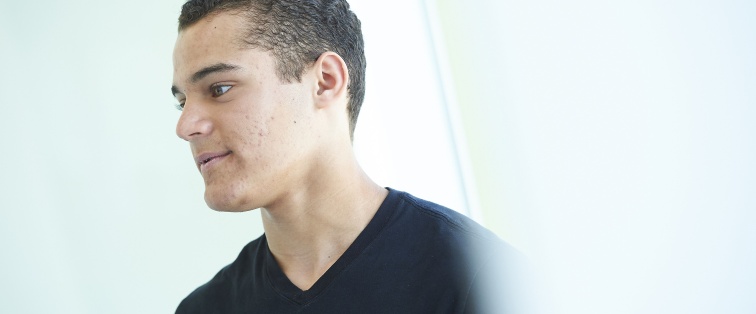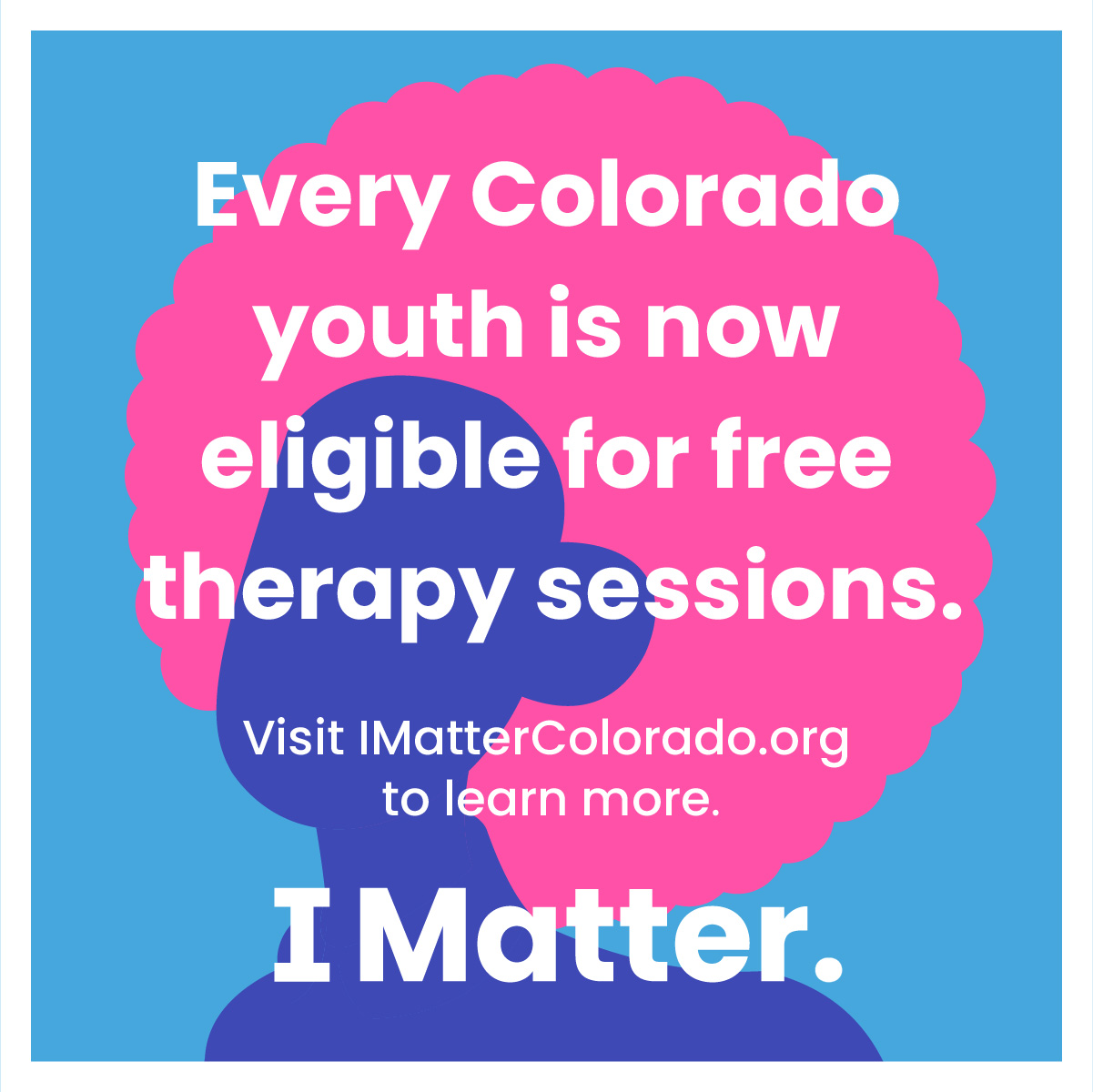Learning From Colorado’s Program to Provide All Youth With Behavioral Health Services

As policy-oriented research professionals who work with children and adolescents, we took some time during Mental Health Awareness Month to reflect on current efforts to address youth mental health in the United States. We were particularly impressed by one innovative and responsive mental health program. I Matter, a Colorado state-funded program offering free mental health sessions to Colorado teens, is a model example of an effort that provides tangible support to youth in addressing their mental health. The program is feasible, youth-informed and accessible to a wide range of communities. Below, we’ll delve into the details of this program as well as takeaways for states considering similar efforts.
Growing Youth Mental Health Concerns
Many teens with mental health concerns, such as depression, were going undiagnosed and untreated prior to the pandemic, and from March to October 2020, the proportion of mental health-related emergency department visits among adolescents increased by more than 30% compared to the same period in 2019. Symptoms of depression, anxiety and other mental health disorders among teens have increased significantly. Teens are at increased risk for these mental health challenges due to the loss of important milestones, disruptions to normal social interactions with peers, loss of autonomy and uncertainty about the future.
This trend is consistent among youth in Colorado. Compared to the beginning of 2021, the Children’s Hospital Colorado pediatric system reported a 25% increase in the number of pediatric emergency department visits for a mental health crisis between January 1 and March 25, 2022.
An Innovative Program to Support Youth Mental Health
Recognition of the youth mental health crisis and the need for action led several children’s health organizations to declare a national state of emergency in adolescent mental health in October 2021. Surgeon General Murthy echoed the great need to intervene to mitigate the impact of the COVID-19 pandemic in his 2021 advisory, highlighting the I Matter program.
Created in the context of worsening youth mental health throughout the pandemic, I Matter was developed in 2021 and funded through state legislation with $9 million of state funding. The program offers up to six free behavioral health sessions for all youth in Colorado under the age of 18 and for youth under 21 if they receive special education services. Youth age 12 and older can register themselves for the program, and youth 11 and younger must register with a parent.
Participating licensed clinicians are reimbursed through the program, and the sessions are largely conducted through telehealth, although in-person counseling options are also available. The program also includes a public awareness campaign that incorporates social media promotion as well as direct outreach to schools and youth organizations across the state. Youth feedback was used to develop both the awareness campaign and the IMatterColorado.org website.

As part of the I Matter campaign, social media graphics and other resources are available to help promote the program.
Youth living in rural areas can virtually connect with previously inaccessible mental health providers due to location. This further extends the reach of these services throughout the state. The program also facilitates continuation of care, working with families’ insurance companies to find in-network providers so youth can continue to receive care after they use their free sessions. In May, Colorado’s Department of Human Services reported nearly 2,600 youth from 54 counties have scheduled sessions through the program, and many have scheduled multiple sessions with the more than 150 participating licensed clinicians.
What can other states learn from I Matter?
We applaud Colorado for taking swift action to stand up and fund a program dedicated to addressing the youth mental health crisis, and their approach has important implications for other states looking to take action. I Matter addresses several commonly cited access barriers to mental health care, including cost, availability of providers and location/travel. It also allows adolescents age 12 and older to seek care without parental consent, thereby affording youth the autonomy to easily navigate their own mental health care without fear of parental disapproval or interference. Importantly, the program was developed with youth input and includes a social media component, further extending its reach to the target population.
The state recently announced that it will extend I Matter for one more year, providing an additional $6 million dollars in funding to the original appropriation, with the potential for renewal. In the long term, youth with untreated mental health concerns are likely to have continued difficulties into adulthood. Investing in evidence-based interventions could help reduce the burden on emergency departments and inpatient and partial hospitalization programs that have been strained due to increased need.
This promising model can help inform other states and communities in their responses to the youth mental health crisis. We look forward to learning more about the impact of this program.
Danielle Apple is a former clinical research coordinator at PolicyLab.
Morgan Bush is a former clinical research project manager at PolicyLab.
